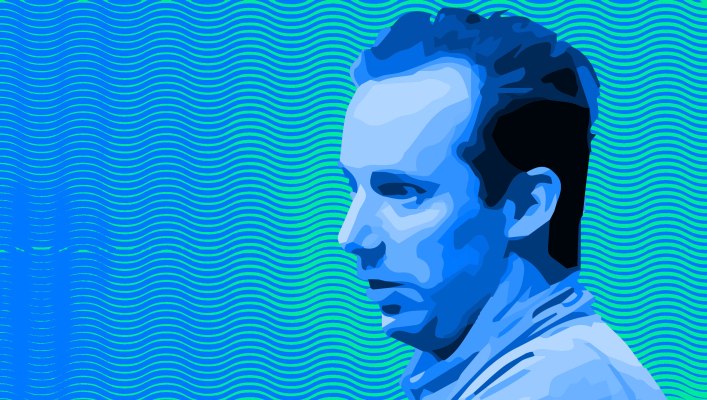In the latest hearing to define the scope of the upcoming trial between self-driving technology rivals Waymo and Uber, District Judge William Alsup said Anthony Levandowski, the star engineer at the center of the affair, could be called to testify in court. But he also ruled that Uber and Waymo would be limited in the questions they would be able to ask him, knowing that he will likely continue to plead the Fifth.
Levandowski is a former Google engineer who left the company to found his own autonomous trucking company, which was later acquired by Uber. In bringing the lawsuit, Waymo, the self-driving subsidiary of Google parent Alphabet, claims that Levandowski downloaded 14,000 files related to its technology on his way out the door. Waymo further alleges that those trade secrets have made their way into Uber’s autonomous vehicle efforts.
While Levandowski’s actions are at the center of the case, so far he has refused to answer questions by invoking his Fifth Amendment rights against self-incrimination. Further complicating matters is the fact that Levandowski was fired by Uber after he refused to comply with the court’s order to return any downloaded material to Waymo.
Knowing that Levandowski is unlikely to say anything material if called to the stand, Alsup acknowledged that having him be examined as part of the trial posed certain risks. “I am sensitive to potential abuse, mainly by Waymo… of putting Levandowski on the stand knowing he is going to take the Fifth and asking questions that are argumentative,” Alsup said.
In the end, the judge ruled that Levandowski could be brought in and examined, but that each question asked to him would be vetted in advance and should have some basis in evidence presented by the different parties. For instance, Alsup said Waymo would have enough evidence to ask Levandowski if he planned to use files that he downloaded upon leaving Google when he worked at Uber.
In addition to that decision, Alsup also ruled that Uber could call a forensics expert to testify that it found no evidence any of the Waymo files claimed to have been stolen by Levandowski had made their way into Uber’s systems.
As happens in most of these hearings so far, that argument led to a back-and-forth between Uber and Waymo’s lawyers over the pre-trial discovery process and what information is not being turned over in a timely enough fashion.
Today Waymo’s counsel claimed that Uber had been stonewalling it rather than turn over former Uber CEO Travis Kalanick’s cell phone. That exchange led to the discovery that Kalanick had hired his own lawyers separate from Uber’s corporate counsel.
The discovery exchange also brought to light Uber’s complaint that Alphabet founder Sergey Brin was attempting to avoid deposition. The judge’s response:
There are just about two months left before the case goes to trial, but still a lot of discovery left for both parties to do and some decisions left on what can and cannot be admitted in October. But the scope of the trial will continue to come into focus as more orders come down in the coming weeks.
